-
 more
more
-
- 031-290-7866
- cell4u@skku.edu
- 기초학문관51동 3층 51363호실
-
[관심분야]
Molecular plant-geminivirus interactions Translational research : Side effect alleviation of cancer patients Antiviral protein development : Nucleic acid hydrolytic catalytic antibody
-
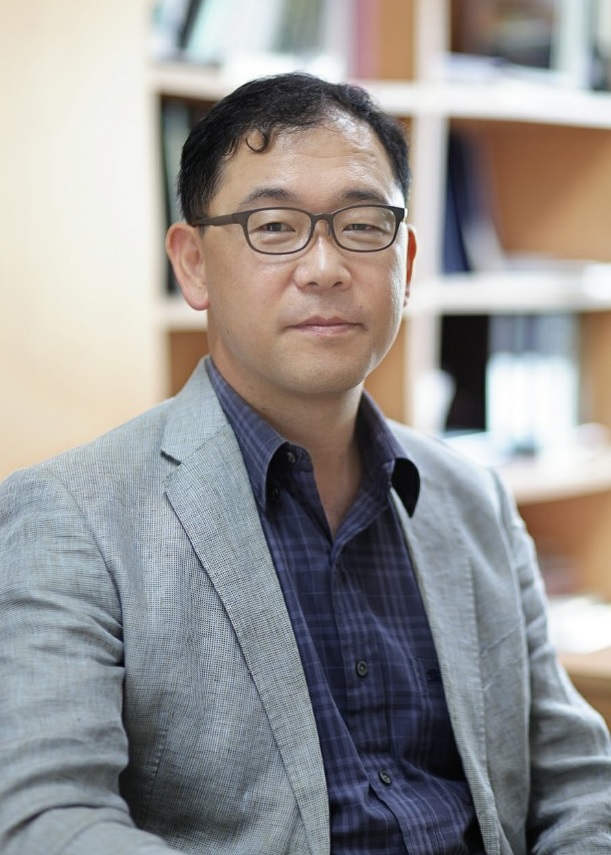 more
more
-
- 031-290-7869
- dhkweon@skku.edu
- 생명공학관62동 2층 62204호실
-
[관심분야]
- 나노디스크를 이용한 항바이러스제 개발. 코로나바이러스 치료제 및 인플루엔자 바이러스 치료제 - 지질나노입자를 이용한 mRNA 전달 기술 및 이를 이용한 바이러스 백신 개발 - 재조합 보눌리눔 독소의 안전한 생산 기술 - 단백질공학 기술 및 단백질 생산 기술 (protein expression control, purification, refolding and protein characterization through spectroscopies)
-
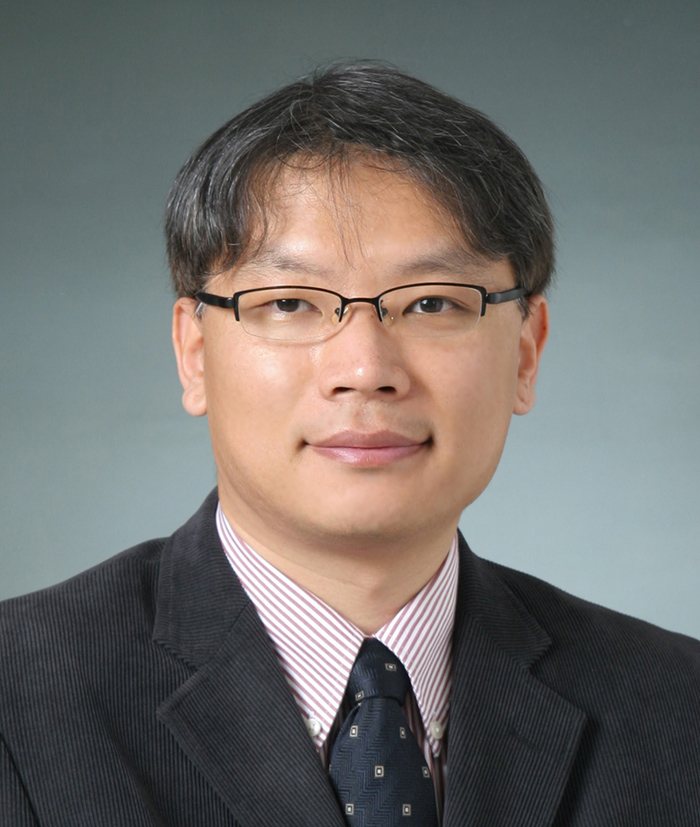 more
more
-
- 031-290-7867
- keejung@skku.edu
- 생명공학관62동 2층 62207호실
-
[관심분야]
뇌의 형성과 줄기세포, 암발생과 제어, 신경계 바이러스, 유도만능줄기세포(iPS)
-
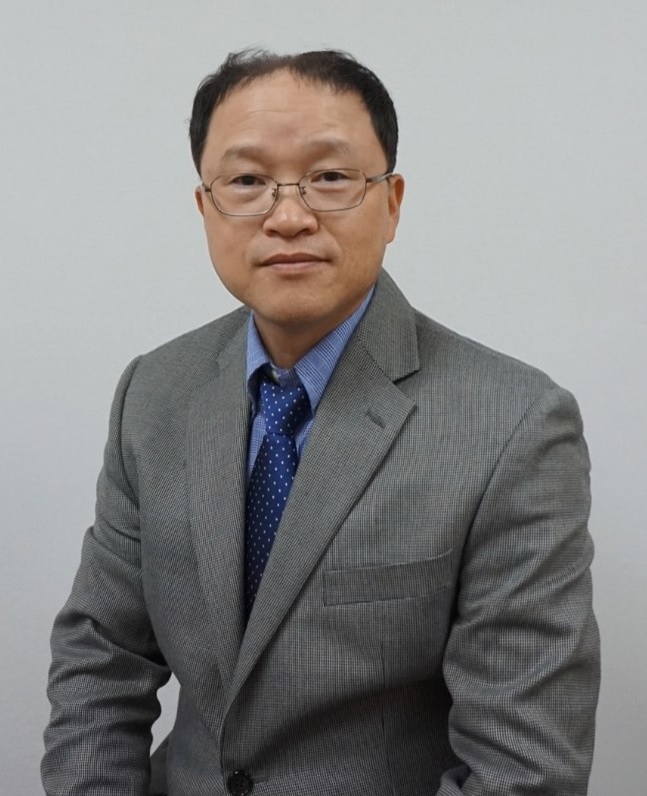 more
more
-
- 031-290-7868
- jaecho@skku.edu
- 생명공학관62동 1층 62107호실
-
[관심분야]
Study of functional role of cell cytoskeleton in inflammatory and tumorgenic responses Understanding of signal transduction pathway in inflammatory signaling Development of anti-inflammatory and anti-cancer drugs Functional role of protein methylation in immune responses
-
more
-
- 031-290-7865
- ohjs@skku.edu
- 생명공학관62동 1층 62152호실
-
[관심분야]
Regulation of meiotic cell cycle: Cell division is a highly regulated process, driven by the action of cyclin-dependent kinases (Cdks) and their regulatory subunits, cyclins. Inappropriate activation of Cdk/cyclin complexes can drive unregulated cell division resulting in cell death or tumor formation. Cdk/cyclin complexes also play essential roles in a variety of cellular processes such as development and differentiation. Our lab is focused on the action of Cdk/cyclin complexes and all pathways that control or are controlled by Cdk/cyclin complexes during female meiosis. Homologous chromosome segregation and aneuploidy: Reduction of chromosome number during meiosis is essential for producing haploid gametes from diploid parental cells. This reduction is achieved by two successive rounds of chromosome segregation, meiosis I (MI) and meiosis II (MII), after a single round of DNA replication. Although MII resembles mitosis in that sister chromatids separate and segregate to different daughter cells, the pattern of chromosome segregation during MI is unique. During MI, homologous chromosomes pair and then segregate from each other. Defects in this process result in aneuploidy, leading to miscarriages, infertility and genetic disorders such as Down’s syndrome. Therefore, our lab studies the molecular mechanisms that control homologous chromosome segregation during meiosis. Control of oocyte quality: Mammalian oocytes are arrested at the prophase of the first meiosis. After LH surge, the oocytes resume meiosis. During these processes, the oocytes is subjected to various sources of damage-inducing factors, which may lead to a progressive deterioration of oocyte quality. Thus, the control of oocyte quality is critical to reproductive success and survival of a species; however, the precise mechanisms underlying this process remain elusive. Our lab is interesting in identifying the molecular mechanisms that control oocyte quality and eventually leading to identification of diagnostic markers that are predictive of oocyte quality in a clinical setting. Chromatin remodeling during fertilization: Fertilization leads to the transformation of two haploid gametes into a totipotent zygote. During this process, highly condensed chromatins are largely reorganized, preparing to initiate the transcription of embryonic genes which are essential for obtaining the pluripotency. Our lab is exploring the mechanisms of the chromatin remodeling upon fertilization and investigating the role of maternal factors in this process.
-
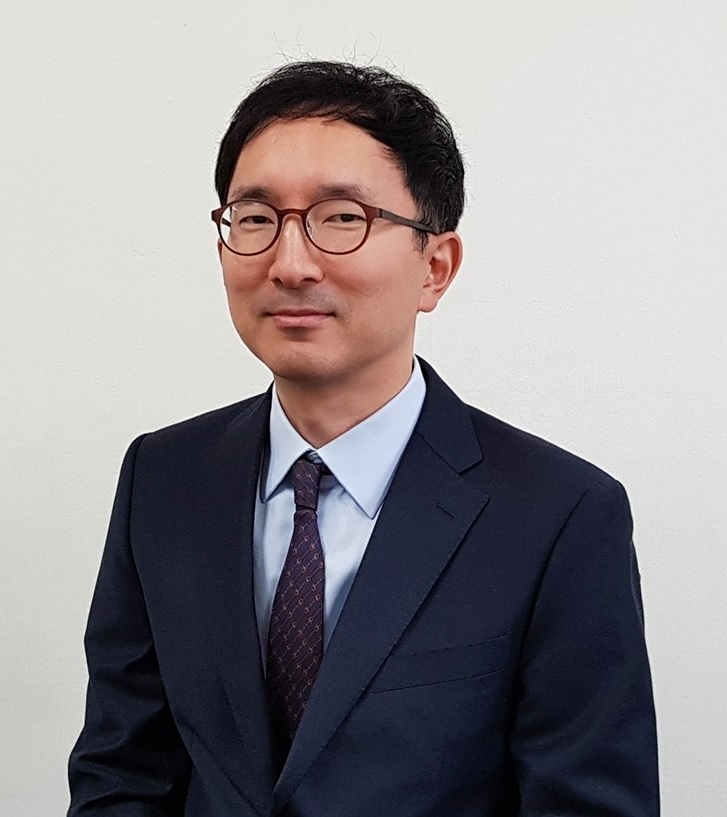 more
more
-
- 031-299-4859
- wjchung@skku.edu
-
[관심분야]
Phage/peptide-based biomaterials Biomimetic materials Bioprinting Therapeutic bionanomaterials
-
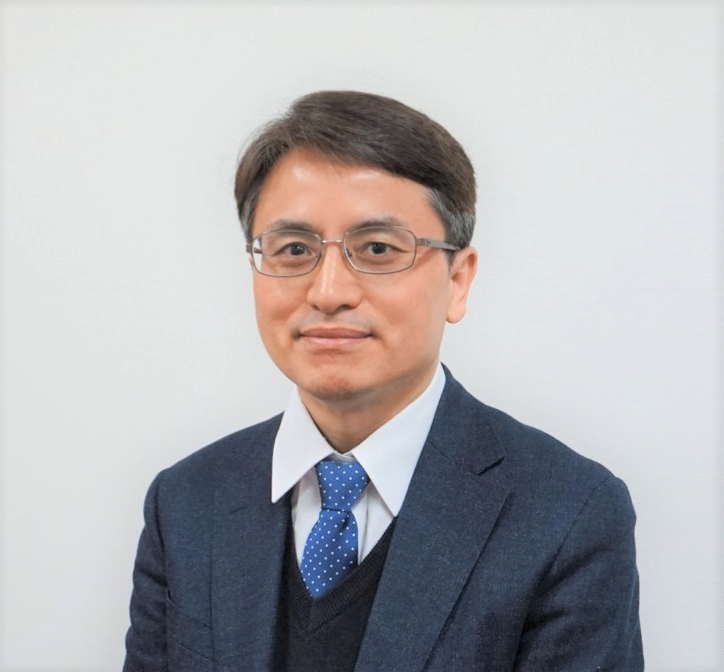 more
more
-
- 031-290-7861
- bioneer@skku.edu
- 생명공학관62동 2층 62251A호실
-
[관심분야]
Skin physiology & Signal transduction, Skin diseases & Immunology, Cancer research (melanoma, prostate cancer, etc.) Development of functional agents for abnormal skin conditions,
-
 more
more
-
- 조교수 T 세포 및 종양 면역
- 송민경
-
- 031-290-7863
- piscesmk@skku.edu
- 생명공학관62동 1층 62102호실
-
[관심분야]
Investigation of transcriptional, epigenetic and metabolic regulatory mechanisms of T cell function in diverse disease settings Exploring the specific role of the ER for sensing microenvironmental conditions and controlling cellular responses Devising novel strategies for cancer treatment
-
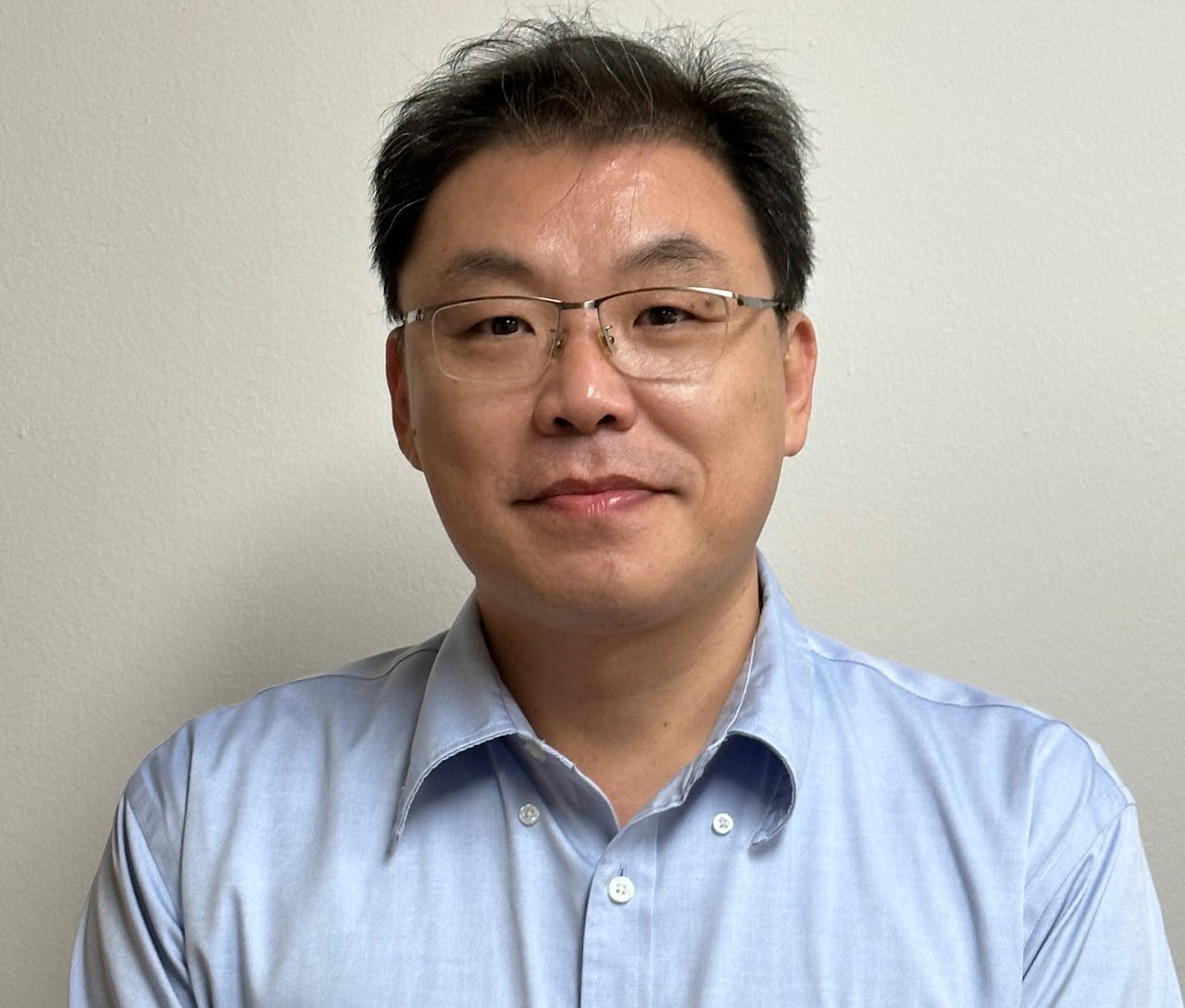 more
more
-
- 부교수 암 생물학 / 생물정보학
- 전영준
-
- 031-290-7862
- jeon2020@skku.edu
- 생명공학관62동 1층 62156호실
-
[관심분야]
A. Liquid Biopsy / Circulating Tumor Nucleic Acids / Next Generation Sequencing / Bioinformatics B. Cancer Recurrence / Drug Resistance / Radiation Resistance C. Cancer Cell Biology / Metabolic Stresses / ERAD D. Non-codingRNAs
-
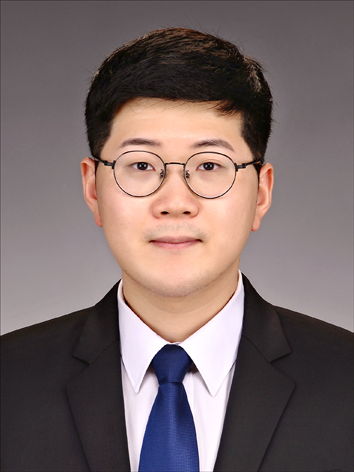 more
more
-
- 조교수 유전자교정
- 김희권
-
- 031-290-7864
- huikwonkim@skku.edu
- 생명공학관62동 2층 62206호실
-
[관심분야]
Biotechnology, Genome editing technology, Gene therapeutics, Machine learning
-
 more
more
-
- 조교수
- 발라찬드란마나발란
-
 more
more
-
- 조교수 바이오의약품 전달
- 박우람
-
- 031-299-4857
- parkwr@skku.edu
- 생명공학관62동 3층 62301A호실
-
[관심분야]
Drug Delivery, Nanoparticles, Lipid Nanoparticle (LNP), mRNA Delivery, Hybrid Materials, Cancer Immunotherapy, Biomedical Imaging, Cell Engineering, Medical Devices
-
 more
more
-
- 조교수 바이오에너지
- 백가현
-
- 031-299-4856
- gbaek@skku.edu
- 생명공학관62동 3층 62303호실
-
[관심분야]
Bioenergy and biofuel productions via microbial processes, bioelectrochemical system, microbial electrosynthesis, anaerobic digestion, environmental microbiology
 발전기금
발전기금



